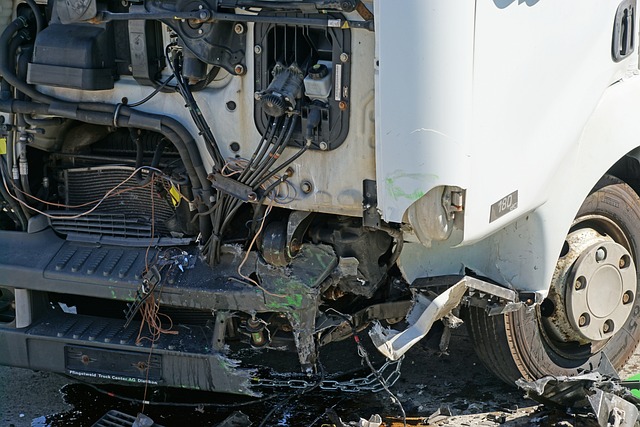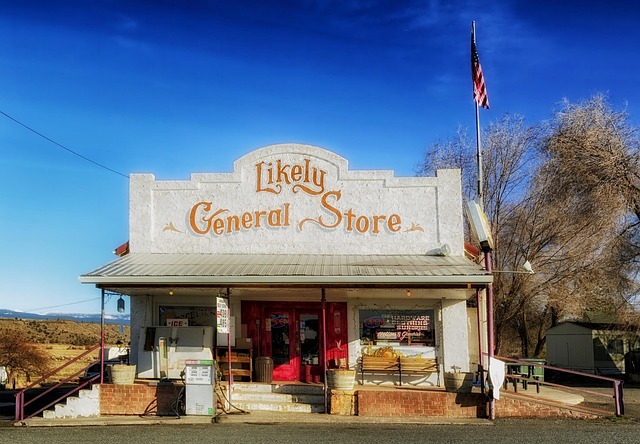General Liability Insurance (GLI) is a critical risk management tool for businesses, offering financial protection against accidents, injuries, and property damage. By understanding key components like bodily injury and property damage liability, reviewing policy limits, deductibles, and exclusions, businesses can ensure adequate coverage. GLI covers medical expenses, legal fees, and damages from incidents on business premises or related to operations, providing a safety net for various industries. Customizing policies based on industry, operational nature, and unique risks is essential to avoid overpaying while ensuring comprehensive protection.
General Liability Insurance (GLI) is an essential component for any business, offering protection against potential claims and lawsuits. This comprehensive overview aims to demystify GLI, guiding you through its key aspects. From understanding the coverage to identifying businesses that benefit, we explore why this insurance is vital. Learn about policy components, exclusions, and how it safeguards your venture. Discover the types of businesses that rely on GLI and gain insights into acquiring tailored policies to manage risks effectively.
Understanding General Liability Insurance: A Comprehensive Overview

General Liability Insurance is a crucial component in any business’s risk management strategy. It offers financial protection against various liabilities that may arise from your operations, including accidents, injuries to third parties, and property damage. This type of insurance acts as a shield, covering legal expenses and compensation claims that could potentially cripple a business financially.
Understanding General Liability Insurance involves grasping its key components, such as bodily injury liability, which covers medical costs and damages for injuries sustained by others, and property damage liability, addressing costs related to repairing or replacing damaged property. It’s essential to review policy limits, deductibles, and exclusions to ensure adequate coverage. By doing so, businesses can mitigate risks, maintain financial stability, and sleep soundly knowing they are protected against unforeseen events.
Why Do You Need General Liability Coverage?

In today’s world, businesses face an array of risks and liabilities that can arise from various sources. This is where General Liability Insurance plays a pivotal role in protecting your business against financial loss and legal issues. It is not just a safety net; it ensures your business’s sustainability and longevity. Whether you’re a small startup or a large corporation, unexpected events like property damage, personal injury, or even advertising misunderstandings can occur, leading to costly lawsuits and settlements.
General Liability Coverage steps in to shield your business by compensating for legal fees, medical expenses, and damages awarded in such cases. It provides peace of mind, allowing you to focus on growth and expansion without the constant worry of potential financial disasters. This coverage is essential for navigating the complex landscape of business risks and ensuring a robust and resilient enterprise.
Key Components and Exclusions of GLI Policies

General Liability Insurance (GLI) policies are designed to protect businesses from a wide range of financial losses due to liabilities. Key components of GLI typically include coverage for bodily injury, property damage, and personal and advertising injury. These coverages ensure that if your business is held responsible for an incident causing harm or damage, the policy will help manage the associated costs, including medical expenses, legal fees, and settlements or judgments.
However, GLI policies also come with certain exclusions. These may include scenarios such as intentional acts, known risks, or damages arising from specific types of activities like war, terrorism, or illegal operations. It’s crucial for businesses to understand these exclusions to ensure their GLI policy aligns with their operations and provides adequate protection against potential liabilities.
How General Liability Insurance Protects Your Business

General Liability Insurance is a crucial safety net for any business, offering protection against a wide range of potential risks and claims. This type of insurance step-in when your business faces accidents, injuries, or property damage that result in legal liability. By having General Liability coverage, you can rest assured that the costs associated with these issues—from medical bills to legal fees—will be covered, giving you peace of mind and financial security.
When an incident occurs within your business premises or involving your operations, affected parties may file lawsuits seeking compensation. General Liability Insurance steps in to defend against these suits, providing legal representation and coverage for any damages awarded. This proactive measure not only shields your business from significant financial losses but also helps maintain a positive public image by demonstrating your commitment to safety and accountability.
Types of Businesses That Benefit from General Liability

Many business owners often wonder who needs General Liability insurance. The truth is, this type of coverage is beneficial for a wide range of businesses beyond construction or manufacturing. From restaurants and retail stores to consulting firms and salons, various enterprises can face liability claims that could result in significant financial losses.
General Liability insurance protects these businesses against potential lawsuits and accidents. For instance, a cafe might be held liable for slip-and-fall incidents on its premises, while a tech startup could face legal issues due to product defects or data breaches. This essential coverage provides a safety net by helping with legal fees, settlement costs, and damages, ensuring that small businesses can stay afloat even in the face of unforeseen events.
Acquiring and Customizing Your Ideal GLI Policy

Acquiring a General Liability Insurance (GLI) policy is the first step in protecting your business from potential liabilities. When choosing your ideal GLI policy, consider your industry, the nature of your operations, and specific risks unique to your business. Some policies may offer broad coverage for common claims like property damage or personal injury, while others cater to niche industries with specialized risks. Customizing your policy ensures that you’re not overpaying for unnecessary coverage and that you have adequate protection where it matters most.
During the customization process, review the policy’s limits, deductibles, and exclusions carefully. General Liability policies typically cover medical expenses and legal fees arising from claims, but specific circumstances like product liability or workplace injuries may require additional endorsements. Understanding these details will give you peace of mind and ensure your business is adequately insured against potential liabilities.
